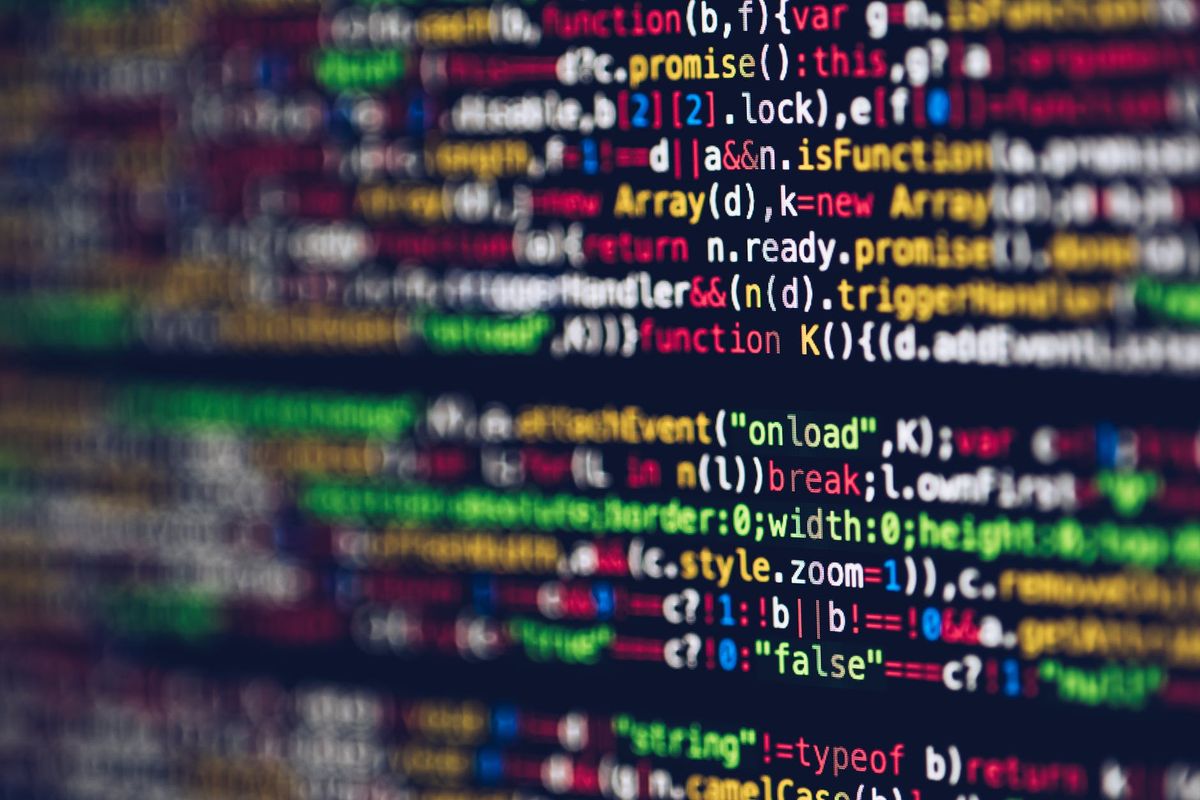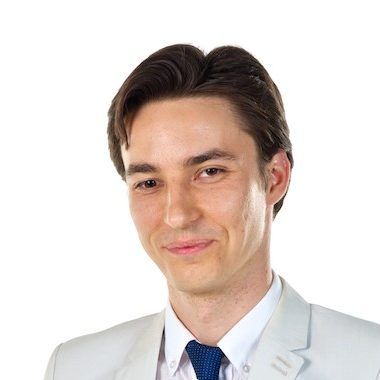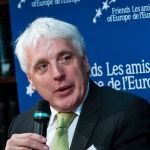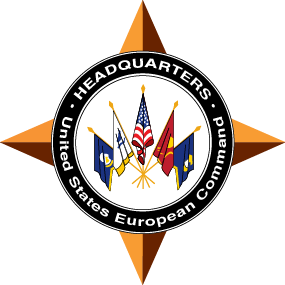
Summary
Illicit financial flows may be worth as much as 5% of global economic output, representing a trillion-dollar problem that has spread from the realm of organised crime to pose a real threat to democracy, development and the rule of law, a Friends of Europe expert panel heard Thursday.
“Illicit flows have overflowed the system and are flooding the whole of society,” said one participant. “What started … as just a technical problem for juries and policemen and judges and prosecutors to deal with, has now flowed into mainstream society.”
The online event was part of Friends of Europe’s ‘security briefing series’ of invitation-only discussions seeking solutions to pressing contemporary challenges. It looked at defining the dimension of the problem, its evolution from a criminal to a security threat and the various levels of institutional response to illicit money movements.
The European Union was praised for making progress in tackling the issue, yet it still has major room for improvement. One expert outlined serious problems in Europe, including a lack of harmonisation and cooperation among member states; failings in transparency and information exchange; and a shortfall in resources for enforcement agencies and other institutions.
“The EU has the best framework available, so you can imagine what the rest of the world has,” said one discussant. The global response to the problem is still “very early on in the process”, they added, meaning that “the return on investment is not there as much as we would want it to be”.
Europe needs to develop solutions for situations where outside jurisdictions refuse to cooperate with law-enforcement efforts, the meeting was told.
Another suggested measure would be basing assessments less on countries’ legal frameworks, which are often excellent, and more on application of the rules, using the number of procedures launched, convictions obtained or assets recovered, for example.
Currently, just 0.7% of illicit assets are recovered, and international enforcement agencies are looking at setting targets at much higher levels of up to 5%.
Participants highlighted how illicit financial flows are particularly harmful for developing countries, syphoning out money, facilitating corruption and aiding tax avoidance.
“We really have to join forces … not only on big criminality, but on the new criminality that really weakens democracy, weakens institutions and is really dangerous for the rest of the world,” said one development specialist.
Care is needed to strike a balance between more efficient and far-reaching regulation and the maintenance of basic freedoms, and speakers stressed the importance of not allowing enforcement measures to infringe on the operations of legitimate companies and non-profits.
However, one insider insisted: “I don’t see any risk of over-regulation, totally the opposite, there is a lack of regulation.”
With new technological innovations – such as crypto-currencies – impacting illicit flows, the need to make “technology work for us and not just for the bad guys” was underscored.
Artificial intelligence, for example, could help unpick the complex networks used in the flow of illicit finance and analyse the huge amounts of fast-moving financial data that could help uncover unlawful activity.
About
Corruption, illicit financial flows (IFFs) and other economic crimes have been a priority for the EU and its partners for decades. The establishment of the Group of States against Corruption (GRECO) in 1999 marked the beginning of the systematic monitoring of anti-corruption in Europe. Fighting IFFs is a central element of reducing transnational organised crime, as they are often related to a range of criminal activities including drug or human trafficking, counterfeit, illegal firearm sales etc.
Diverting funds from public services and stunting the socio-economic development of source countries, IFFs are highly criminal activities. They disproportionately affect low income countries and profit to the global North’s economies. Weak governance and shortcomings in transborder cooperation create the perfect environments for IFFs and corruption to thrive. The pandemic has provided an additional opportunity for international criminal organisations, misappropriating aid and recovery funds as enforcement forces are distracted with pandemic fallout. This further underlines the need for a coordinated approach to prevent it impeding further the recovery of countries in the global South. While international organisations such as the OECD, Europol and the G7’s Financial Action Task Force provide support and a much-needed aligned front – as evident in the recent agreement on a global minimum corporate tax rate – increased cooperation is still needed.
The EU-US Summit and the renewed transatlantic relationship have emphasised the need to prevent democratic backsliding and to fight corruption in financial systems, politics and the economy. To sustainably reverse the current trends, collaborative initiatives must be reinforced and an emphasis must also be placed on better governance and better tools to monitor IFFs. This closed-door expert briefing will foster an interactive discussion to explore how best to prevent and combat IFFs, highlighting successful collaborations and areas for better policymaking.
The event is part of our Security briefing-series. In each 60-minute session, members have a chance to put their questions to those who call the shots. Participation is by invitation-only.
Related Content
Our events include photos, audio and video recording that we might use for promotional purposes. By registering, you give your permission to use your image. Should you have any questions, please contact us.
Schedule
speakers
Maria Gavouneli
Associate Professor of International Law at National and Kapodistrian University of Athens
Igor Nebyvaev
Executive Secretary of the Council of Europe Committee of Experts on the Evaluation of Anti-Money Laundering Measures and the Financing of Terrorism (MONEYVAL)
moderator
Jamie Shea
Senior Fellow for Peace, Security and Defence at Friends of Europe, and former Deputy Assistant Secretary General for Emerging Security Challenges at the North Atlantic Treaty Organization (NATO)
Speakers

Associate Professor of International Law at National and Kapodistrian University of Athens
Maria Gavouneli is an international law expert and has held several positions in the public sector in the field of anti-corruption. She was a member of the European Commission Expert Group on Corruption. She served as vice-president, member of the Management Group and lead examiner of the OECD Working Group on Bribery in International Business Transactions and has previously worked as head of delegation and examiner at the Council of Europe for the Group of States Against Corruption (GRECO). Gavouneli is also visiting professor and lecturer in several universities and research institutions around the world.

Executive Secretary of the Council of Europe Committee of Experts on the Evaluation of Anti-Money Laundering Measures and the Financing of Terrorism (MONEYVAL)
Prior to assuming his current position at the Council of Europe, Igor Nebyvaev previously led the Economic Crime and Cooperation Division, providing technical assistance to European and neighbouring states in combating money laundering and the financing of terrorism. Nebyvaev started his career at the Eurasian Group on Combating Money Laundering and Financing of Terrorism (EAG), a regional body under the purview of the Financial Action Task Force (FATF) in the Central Asian region, where he served as deputy director-general and executive secretary.

Senior Fellow for Peace, Security and Defence at Friends of Europe, and former Deputy Assistant Secretary General for Emerging Security Challenges at the North Atlantic Treaty Organization (NATO)
Retiring from NATO in September 2018 after 38 years at the organisation, Jamie Shea has occupied a number of senior positions at NATO across a wide range of areas, including external relations, press and media, and policy planning. As NATO’s spokesperson, he was the face of the alliance during the Bosnia and Kosovo conflicts. He later worked as the director of policy planning in the private office of former secretary general Rasmussen during the preparation of NATO’s 2010 Strategic Concept. Shea is also a regular lecturer and conference speaker on NATO and European security affairs.
Partners
Activities
From ambition to action: building Europe’s Defence Union
Past event In person

- Area of Expertise
- Peace, Security & Defence
EU-Western Balkans Summit: Enlargement matters – Europe’s new…
Next event

- Area of Expertise
- Peace, Security & Defence
Frontline Voices: renewing the women, peace and security agenda
Past event Online

- Area of Expertise
- Peace, Security & Defence
Frontline Voices: diagnosing the disconnect – The Women, Peace and…
Past event Online

- Area of Expertise
- Peace, Security & Defence
Policy Voices | Overcoming polarisation: defence in the time of distrust
- Category
- Podcast
- Area of Expertise
- Democracy
Policy Voices | A historic NATO summit raises defence spending target to 5%…
- Category
- Podcast
- Area of Expertise
- Peace, Security & Defence
Living in a perpetual state of emergency
- Category
- #CriticalThinking
- Author
- By Jamie Shea
Beyond sanctions: five strategic tools the EU must use to end the war in…
- Category
- #CriticalThinking
- Author
- By Liel Maghen

- Area of Expertise
- Peace, Security & Defence

- Area of Expertise
- Peace, Security & Defence

- Area of Expertise
- Peace, Security & Defence

- Area of Expertise
- Peace, Security & Defence
Continue
the debate on
- Debating Europe

